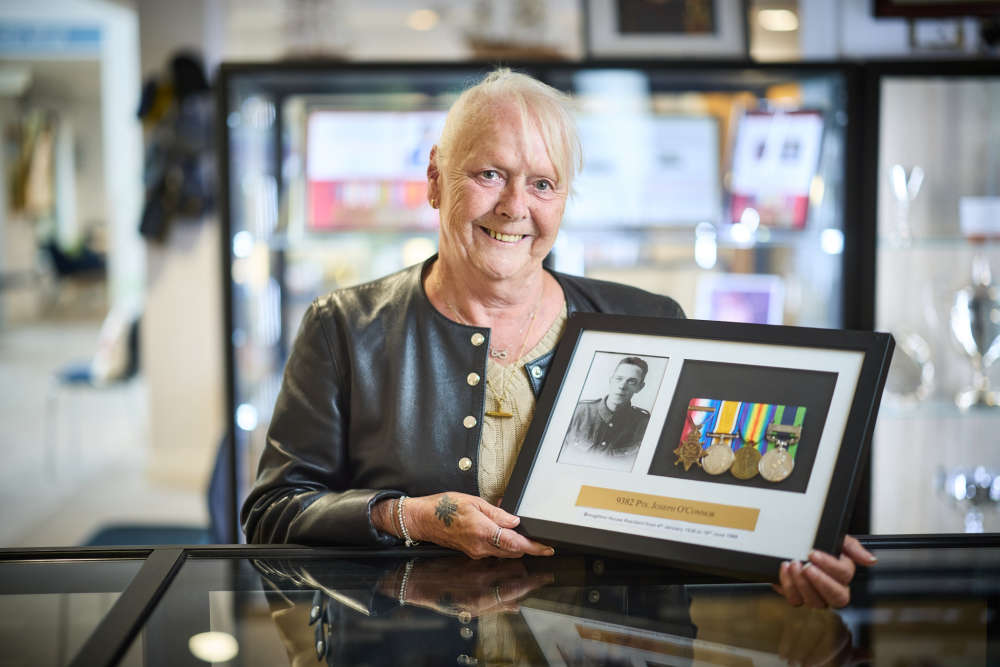
A treasured set of war medals belonging to a Hyde-born World War One cavalryman has been proudly installed on display at the very care home where he spent the final three decades of his life.
Joseph O’Connor, a decorated veteran who served with distinction in the 13th Hussars, endured shrapnel wounds and was thrown from his horse during a ferocious battle in Mesopotamia, modern-day Iraq, in November 1917. His injuries are believed to have led to creeping paralysis in later years, eventually leaving him paralysed from the neck down.
Now, more than a century since he first took up arms for his country, his legacy has found a permanent home at Broughton House Veteran Care Village in Salford, thanks to the heartfelt generosity of his family.
Born in October 1894, Joseph enlisted at Ladysmith Barracks in Ashton-under-Lyne in 1912 at the age of 18. Initially posted to the 11th Hussars (Prince Albert’s Own), he was deployed to France in August 1914 as part of the British Expeditionary Force, just 11 days after Britain declared war on Germany.
His regiment was heavily involved in key early battles, including the Battle of Mons, where they famously captured eight enemy guns at Néry, as well as the Battle of Messines and the Second Battle of Ypres.
In 1915, Joseph was reassigned to the 13th Hussars and later sent to Mesopotamia. His service there included the Second Battle of Kut and the capture of Baghdad in 1917. After the war, he also served in the Third Anglo-Afghan War before returning to England in 1920.
However, by 1924, Joseph began suffering the debilitating effects of creeping paralysis. Eventually confined to a wheelchair, he was admitted to Broughton House in 1938, where he remained until his passing in 1968 at the age of 73.
Joseph’s war medals had been lovingly safeguarded by his wife Hannah, stored in a simple tin box in their Hyde home. They were later passed down to their daughter Kathleen, now 102, and then to Joseph’s granddaughter Elaine Prince, who kept them in a bedside drawer for years.
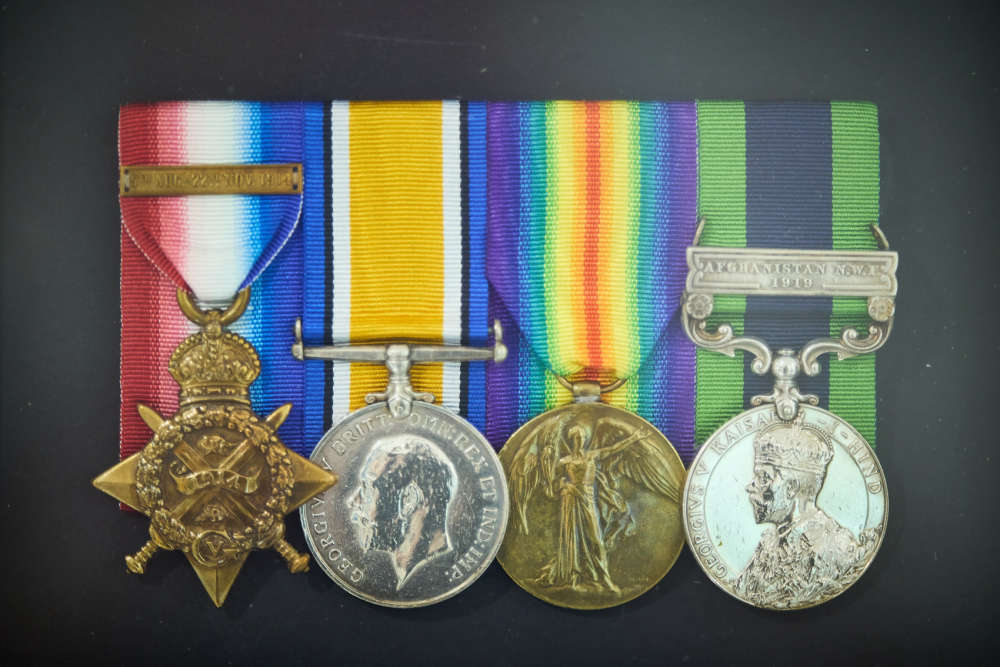
Joseph O'Connor's medals
Now aged 76, Elaine, who still lives in Hyde, took the heartfelt decision to have the medals professionally cleaned, re-ribboned, and framed before donating them to Broughton House’s museum.
With tears in her eyes, Elaine spoke of the deep emotional connection her family has with the care home: "Broughton House was my beloved grandad's home for many years, and he was so happy here that we felt it was right to donate the medals to the museum. This is where they belong.
"Grandad was an adored and revered person. I have vivid childhood memories of visiting him nearly every week at Broughton House. Even though he could only move his head, he was always jolly. He used to say he was lucky - he could see the trees and hear the birds, and others had lost limbs."
Elaine’s mother Kathleen is equally pleased with the family’s decision.
"Mum is happy that we've had the medals spruced up and donated them to Broughton House," Elaine added. "They look fantastic."
The medals now on display include the prestigious 1914 Mons Star, the British War Medal and Allied Victory Medal, and an Indian General Service Medal with an Afghan North West Frontier clasp.
Owen Hammond, Broughton House historian and museum curator, was instrumental in researching Joseph’s military history.
"We are very proud to have these medals on display. Joseph O'Connor was a genuine hero of World War One who fought in some of the most brutal battles of the conflict," he said.
"Elaine's donation is hugely appreciated. This is the oldest medal collection in our museum that belonged to a former resident, which makes it a particularly significant additions."
Broughton House was established in 1916 to care for servicemen injured during World War One and has since supported over 8,000 veterans. Its museum features hundreds of military medals, artefacts, uniforms, swords, and even “Dead Men’s Pennies” - memorial plaques issued to families of the fallen.
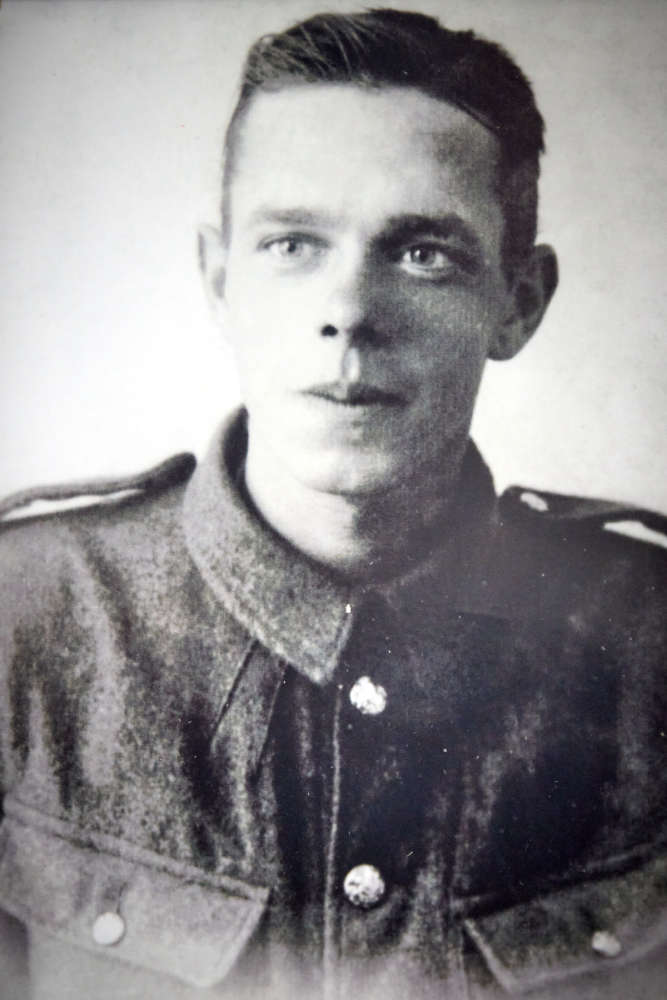
Joseph O'Connor


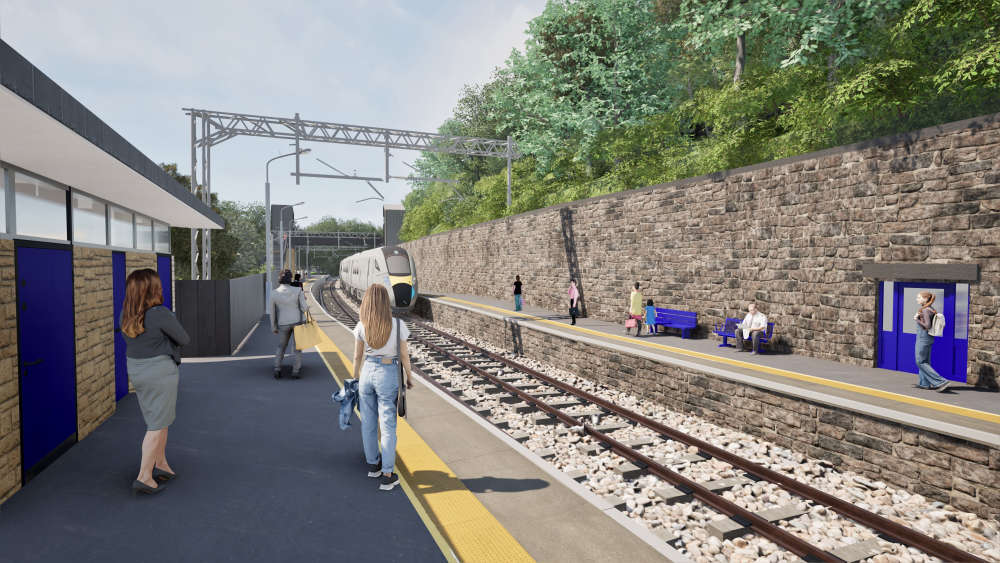 Public inquiry announced into rail upgrade that could leave villages ‘cut off’ for months
Public inquiry announced into rail upgrade that could leave villages ‘cut off’ for months
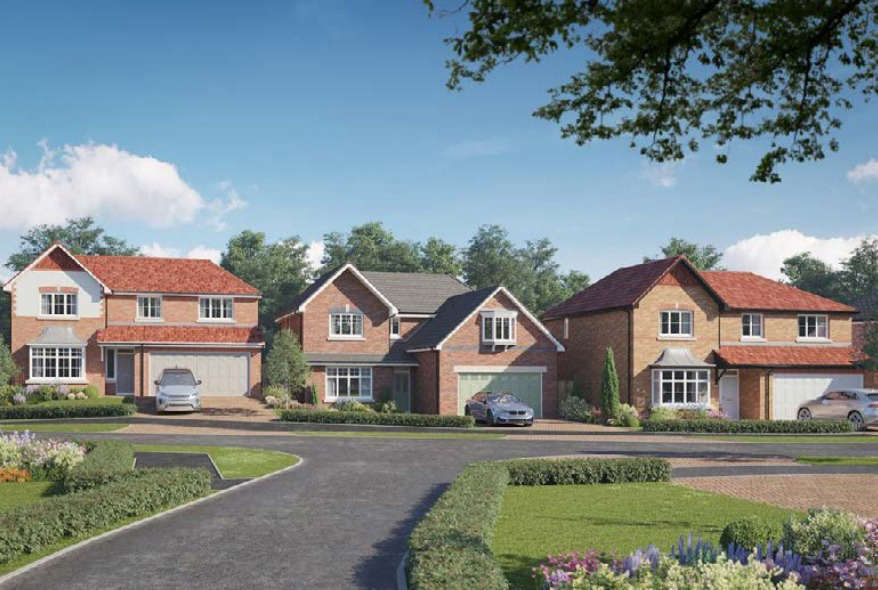 Neighbourhood expansion approved next to primary school after delay
Neighbourhood expansion approved next to primary school after delay
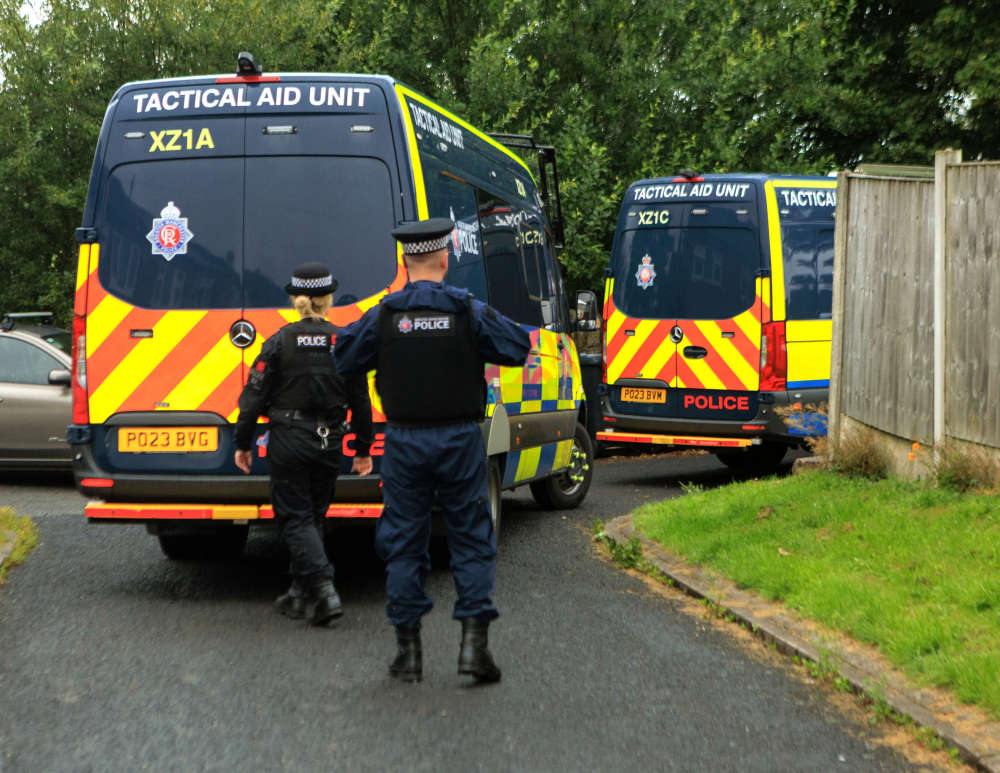 One year on from shooting, Operation Vulcan continue to target crime in Derker
One year on from shooting, Operation Vulcan continue to target crime in Derker
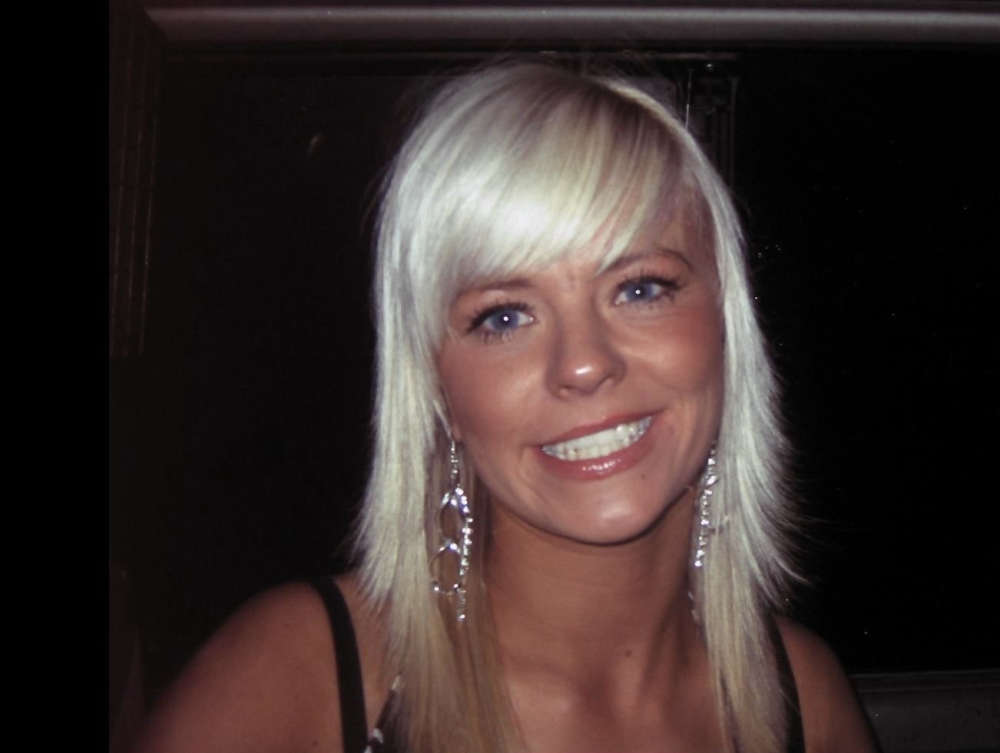 Family launches petition for change in law following sisters' death
Family launches petition for change in law following sisters' death


